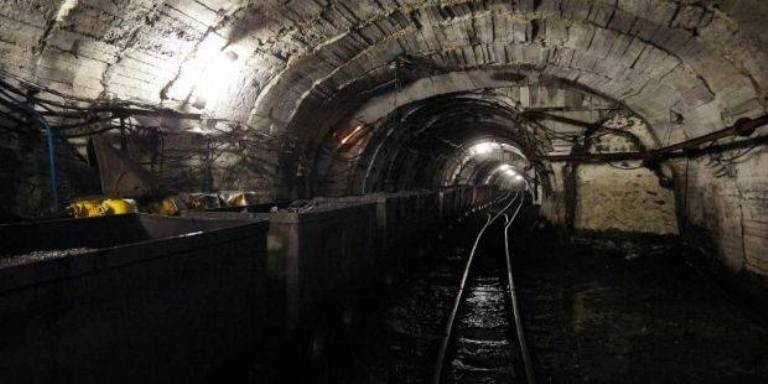საერთო ცხელი ხაზი +995 577 07 05 63


EMC was informed that on March 10, three miners were taken to the Kutaisi hospital from the ventilation tunnel connecting the Dzidziguri and Mindeli mines in the city of Tkibuli, due to intoxication from high levels of poisonous gases. Therefore, the organization calls upon the government to close the Tkibuli mines until a safe working environment can be provided and to fully compensate the worker's salaries during the shutdown.
It should be noted that on February 24, it was reported that the miners employed in the Dzidziguri mine in Tkibuli started a protest, refusing to continue their work until appropriate actions were taken. The protest was followed by the company's decision to temporarily close the Dzidziguri mine, forcing employees to get to work through a much more dangerous route, through underground ventilation tunnel - miners refused to do so. According to the miners, the waste accumulated because of the manufacturing process - including hazardous air pollutants - is dumped into this ventilation tunnel, making it unsafe to be used for transportation. However, after further negotiations, workers agreed to resume their work at the risk of their own health, after receiving a verbal promise from the company that the less hazardous Dzidziguri mine would be rebuilt soon, and the use of an alternative route would be temporary. However, the damage could not be avoided.
Research conducted by German research company DMT GmbH&Co.KG under the request of the Ministry of Internally displaced persons from the occupied territories, labour, health and social affairs of Georgia, once again confirms that there is a hazardous working environment in Tkibuli mines.
In response to the deaths of 10 miners, as a result of industrial accidents in 2018, the Prime Minister of Georgia decided to suspend coal mining operations in Tkibuli until the health and safety risks were fully assessed by the auditing company. Throughout the shutdown, the company was ordered to provide the miners with full salaries.
It is worth noting that the audit report was ready by January 2019, but it only became available to the public, in English, 11 months later, in December of 2019. The miners of Tkibuli themselves have little information about the content of the audit report.
According to the authors of the report, fatal incidents of 2018 could have been avoided. At the same time, the problems identified in the DMT report go beyond the immediate causes of the fatalities that occurred in 2018 and speak of deep and fundamental infrastructural and managerial failures. During the visit to the mine, a group of experts observed serious violations of safety norms - including, in particular, malfunctions of underground transport and connecting rings, such as damaged ceilings and walls of access roads to the mine and damaged carriage rails in many places. According to the audit report, the resumption of coal mining operations should not be permitted without minimizing health and safety risks.
It is unclear in this context not only the decision to close the Dzidziguri mine and connect the miners to the workplace through a ventilation tunnel - which makes extraction even more dangerous - but also to ignore the obvious and unambiguous findings of the DMT. It seems that the company not only did not take into account the recommendations included in the report but, with this decision, put the employees in an even more hazardous work environment.
The position of the state regarding the resumption of coal mining in Tkibuli without complying with the audit recommendations is still unknown.
In view of these circumstances, we call on the Government of Georgia to:
Signatory organizations:
The website accessibility instruction